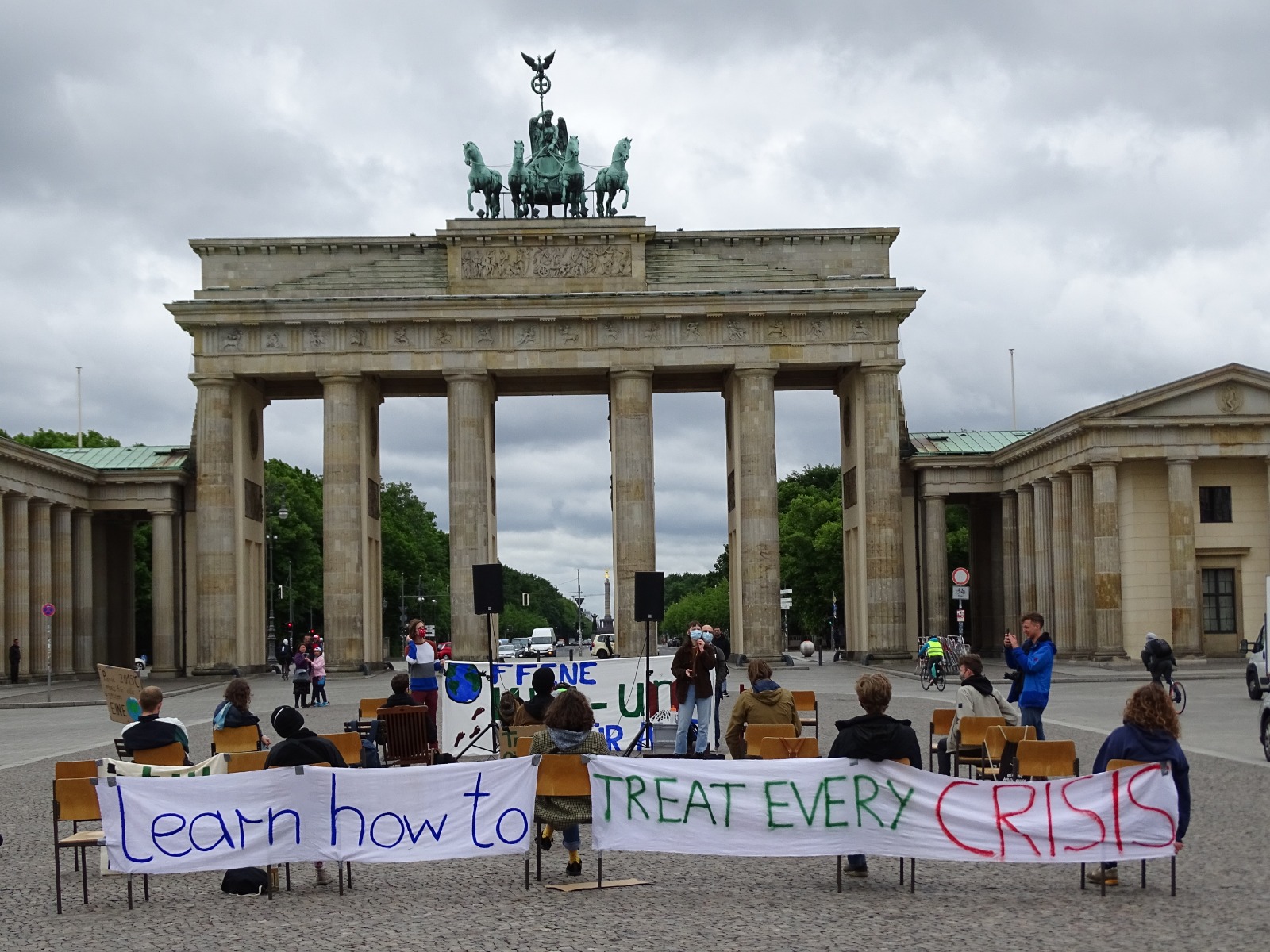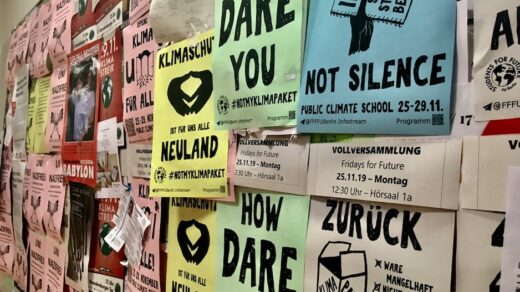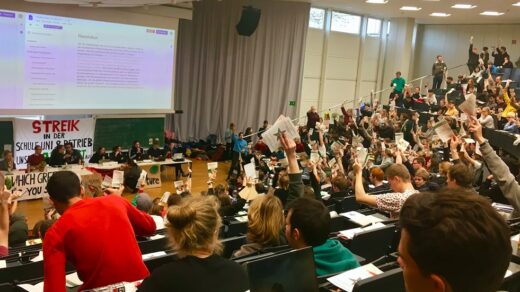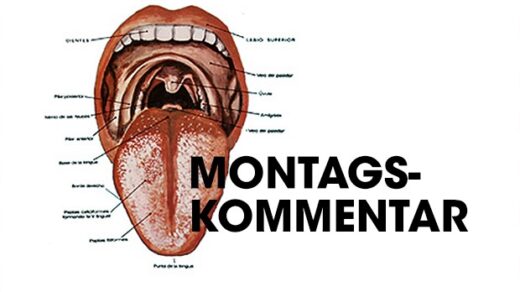You may think you know what sustainability stands for, but you might not be as familiar with the concept as you think. Aikaterini Mouzaki followed a panel discussion hosted by FU-Best, that tried to explain the diversity and importance of sustainability.

Sustainability is like looking through a telescope in the future. It is „an existential question’’, stated Patricia Heidegger. She is the Director for Global Policies and Sustainability at the European Environmental Bureau and was one of the speakers at the panel discussion Sustainability: From Buzzword to Guiding Principle which was hosted by FU-Best. Whoever thinks sustainably, not only cares about the resources preservation for future generations. He/She is also, as FU-Best Green Course Instructor Heike Mewes said, guided by „a principle to a decent life”, while considering environmental, financial, and social limits. A sustainable world needs the enforcement of human, social, economic, and environmental sustainability to address „social [in]justice”, according to project coordinator for Sustainability in Teaching Nora Große. Nonetheless, sustainable development goals (SDGs) are not only environmental.
A future generation job?
The panel discussion moderated by political scientist and FU-Best academic director Dirk Verheyen was based on the panelists’ expertise and shed light to the issue from an institutional (N. Große), economic (H. Mewes), political (A. Ancygier) and NGO’s (P. Heidegger) perspective. Most of the points that were raised did not reflect implementation challenges, except Heidegger’s critique on the“SDGs-Cherry-Picking”
Starting with the FU’s Climate Emergency Declaration, project coordinator for Sustainability in Teaching Große praised the goal to manage climate neutrality by ’25 after having referred to her department’s achievement to drop FU’s CO2 emissions by 30 percent. An ambition whose implementation efforts are rather questionable. However, her department’s goal to make students „understand themselves as change-agents” might be working if one considers the mobilization of Fridays For Future. A movement that, according to Heidegger, is surviving the pandemic, remaining active online and getting increasingly more organized and institutionalized – a development that can give students more access to political forums.
The panel’s political expert verified this thesis, while differentiating the government from society by implying that politicians are pressured by corporate demands, whereas the society’s key actor is found in the face of future generations. Giving the impression that youth resemble a messiah who will resolve all problems, might be too much to ask from younger generations, who must live up to this idea.
It’s not against economy
The perception that sustainability opposes businesses is not new, but rather outdated looking at how mainstream it has become for start-ups. Mewes advises them „to focus on an SDG and promote it as a societal product-service’’ and to persuade reluctant partners with highlighting the costs of following traditional business tactics. The effectiveness of this method is doubtful since economic growth is still not widely associated with sustainable production. The solution might lie, as Ancygier appeals, in reframing economic growth to realize that sustainability can be profitable and benefit the economy – but how? Leaving out precise details for a successful transformation, this panel discussion let this question unanswered.
What were the other aspects, again?
The discussion was to address further aspects of sustainability, but it rather focused on the process of enforcing environmental sustainability. However, such events give an overview over complex topics and, since sustainability is becoming more and more crucial, we shouldn’t deflect ourselves by the unanswered hows, Corona and the online conditions. After all, the younger generations have to find the answers to our critical hows.
For future events and further information visit the FU-Best Website.



